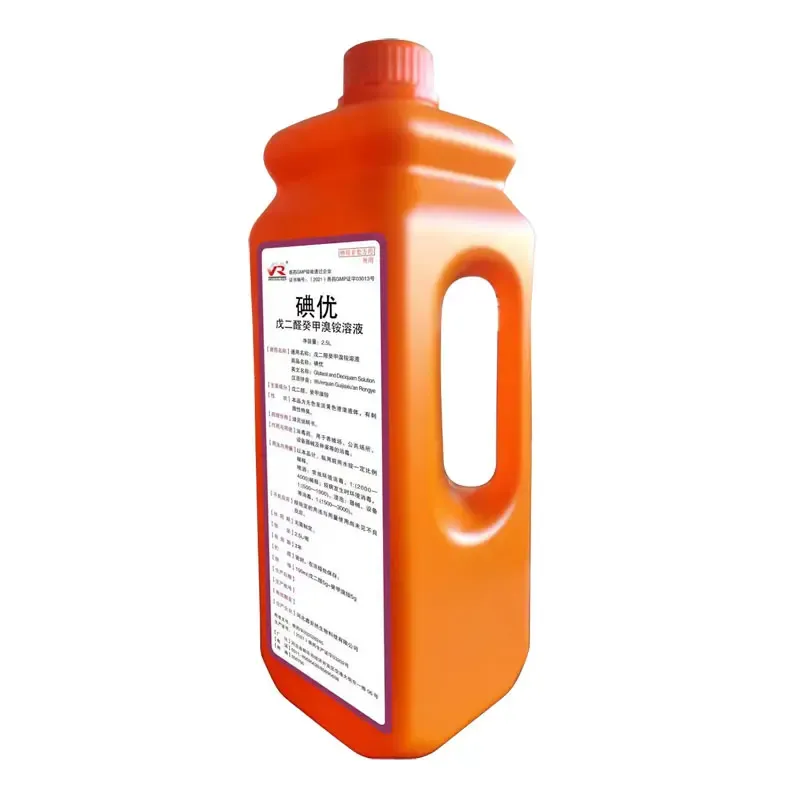- Afrikaans
- Albanian
- Amharic
- Arabic
- Armenian
- Azerbaijani
- Basque
- Belarusian
- Bengali
- Bosnian
- Bulgarian
- Catalan
- Cebuano
- Corsican
- Croatian
- Czech
- Danish
- Dutch
- English
- Esperanto
- Estonian
- Finnish
- French
- Frisian
- Galician
- Georgian
- German
- Greek
- Gujarati
- Haitian Creole
- hausa
- hawaiian
- Hebrew
- Hindi
- Miao
- Hungarian
- Icelandic
- igbo
- Indonesian
- irish
- Italian
- Japanese
- Javanese
- Kannada
- kazakh
- Khmer
- Rwandese
- Korean
- Kurdish
- Kyrgyz
- Lao
- Latin
- Latvian
- Lithuanian
- Luxembourgish
- Macedonian
- Malgashi
- Malay
- Malayalam
- Maltese
- Maori
- Marathi
- Mongolian
- Myanmar
- Nepali
- Norwegian
- Norwegian
- Occitan
- Pashto
- Persian
- Polish
- Portuguese
- Punjabi
- Romanian
- Russian
- Samoan
- Scottish Gaelic
- Serbian
- Sesotho
- Shona
- Sindhi
- Sinhala
- Slovak
- Slovenian
- Somali
- Spanish
- Sundanese
- Swahili
- Swedish
- Tagalog
- Tajik
- Tamil
- Tatar
- Telugu
- Thai
- Turkish
- Turkmen
- Ukrainian
- Urdu
- Uighur
- Uzbek
- Vietnamese
- Welsh
- Bantu
- Yiddish
- Yoruba
- Zulu
نويابىر . 10, 2024 03:50 Back to list
Effective Treatments for Fleas, Ticks, and Heartworms in Pets
Understanding What Kills Fleas, Ticks, and Heartworms
Parasites like fleas, ticks, and heartworms pose significant threats to our pets' health. They can cause discomfort, transmit diseases, and lead to serious health complications. Understanding how to effectively eliminate these parasites is essential for any pet owner. This article will explore effective treatments and preventative measures that can help protect our furry friends from these unwanted invaders.
Fleas Identification and Treatment
Fleas are tiny, wingless insects that thrive in warm and humid environments. They can cause intense itching and allergic reactions in pets, leading to skin infections. Notably, fleas can also transmit tapeworms and other diseases.
To kill fleas, various treatment options are available
1. Topical Treatments Products like spot-on treatments deliver a concentrated dose of insecticide that spreads across the pet's skin. These treatments are generally effective for a month and disrupt the flea lifecycle.
2. Oral Medications Pills that contain chemicals such as nitenpyram or lufenuron can kill fleas quickly or prevent larval development, respectively. These treatments usually require veterinarian prescriptions and can be an excellent option for quick relief.
3. Environmental Control Since fleas can infest homes, it's crucial to treat the environment as well. Vacuuming regularly and washing pet bedding in hot water can remove flea eggs and larvae. Flea sprays and foggers can help eliminate infestations in carpets and furniture.
Ticks Prevention and Elimination
Ticks are arachnids that attach to the skin of pets to feed on their blood. They can transmit diseases such as Lyme disease and Rocky Mountain spotted fever. Because ticks can be difficult to spot and remove, prevention is key.
To kill and prevent ticks
what kills fleas ticks and heartworms

1. Tick Collars These collars are infused with chemicals that repel or kill ticks. They can be an easy addition to a pet's routine.
2. Topical Treatments Similar to flea treatments, topical solutions can also be effective against ticks. Dogs treated with these can enjoy protection for several weeks.
3. Regular Checks After outdoor activities, inspect your pets for ticks. Removing ticks promptly can reduce the risk of disease transmission. Use fine-tipped tweezers to grasp the tick as close to the skin as possible and pull straight out.
Heartworms Detection and Prevention
Heartworms are parasitic worms that live in the heart and blood vessels of infected pets, leading to severe health issues. The danger of heartworms is their slow development; symptoms may not appear until the infestation is severe.
Preventing heartworm infestations is crucial, as treatment can be extensive and perilous.
1. Monthly Preventatives Oral and topical medications are effective for preventing heartworms. These should be administered year-round, especially in regions where heartworms are prevalent.
2. Regular Testing Annual heartworm tests are recommended for pets, even those on preventative medications. This helps to catch any infections early before they become severe.
Conclusion
Managing fleas, ticks, and heartworms requires vigilance and proactive measures. By utilizing a combination of topical treatments, oral medications, and diligent environmental control, pet owners can effectively protect their furry companions. Regular check-ups and preventative measures are essential to ensure that pets remain healthy and happy. With the right knowledge and tools, we can create a safe environment for our loved ones, free from the perils of these parasites.
-
Guide to Oxytetracycline Injection
NewsMar.27,2025
-
Guide to Colistin Sulphate
NewsMar.27,2025
-
Gentamicin Sulfate: Uses, Price, And Key Information
NewsMar.27,2025
-
Enrofloxacin Injection: Uses, Price, And Supplier Information
NewsMar.27,2025
-
Dexamethasone Sodium Phosphate Injection: Uses, Price, And Key Information
NewsMar.27,2025
-
Albendazole Tablet: Uses, Dosage, Cost, And Key Information
NewsMar.27,2025













